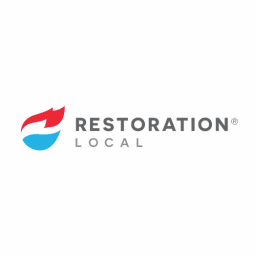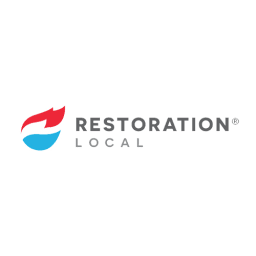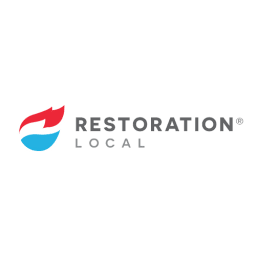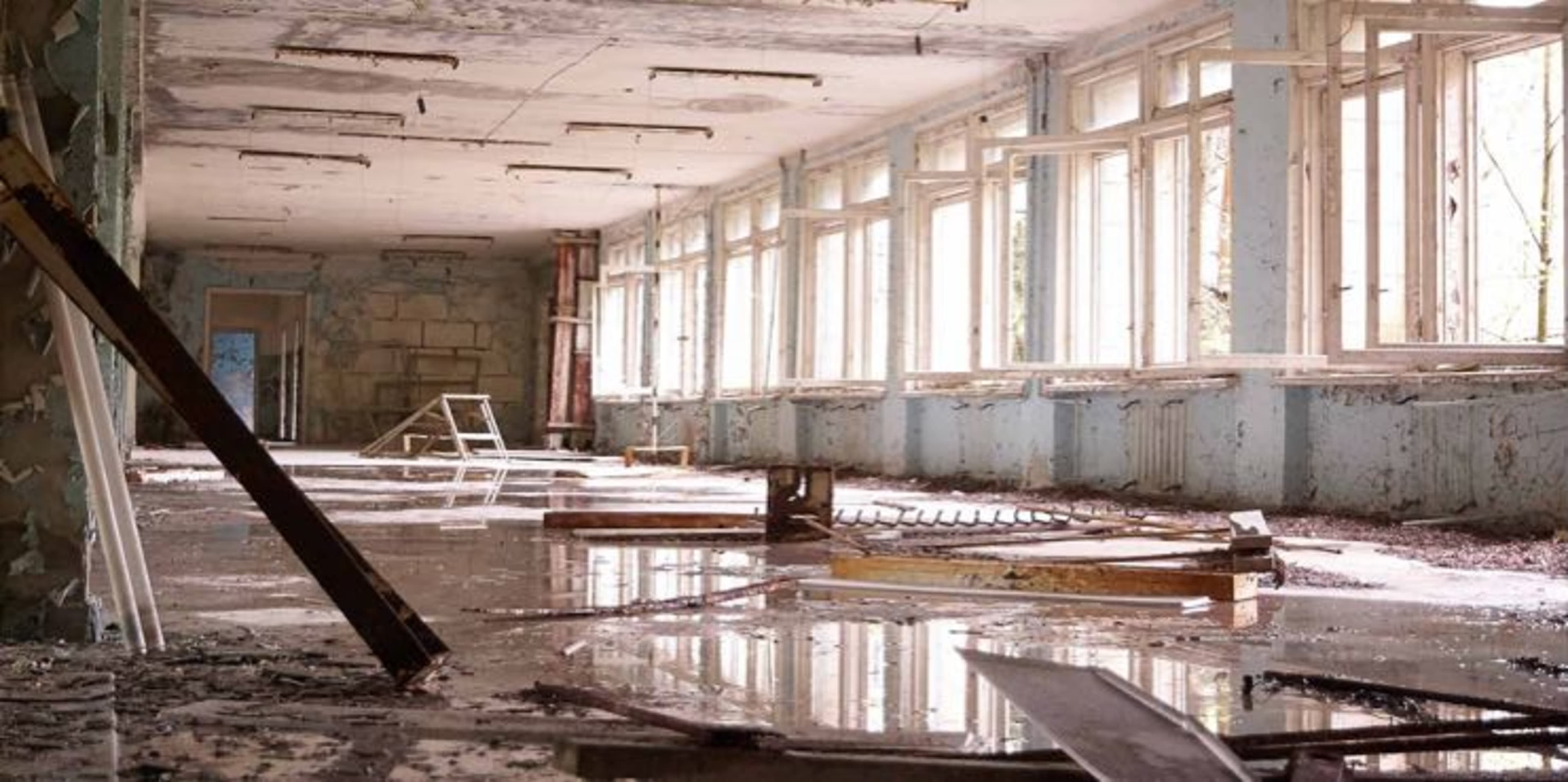
2024

Best Water Damage Restoration Services
Find a Top-Ranked Water Damage Restoration Service Near You
We did the research for you!
- Licensing
- User Reviews
- Mystery Shopping Calls
Learn about our selection process.
Top Water Damage Restoration Services
= Featured Provider
New York, NY
Restoration Local
New York City, NYExpertise.com Concierge Service
New York, NYTrue Restorations
929 Wellwood Ave, Lindenhurst, NY 11757
Los Angeles, CA
Restoration Local
Los Angeles, CAExpertise.com Concierge Service
Los Angeles, CAMold Masters
2513 Colorado Blvd, Los Angeles, CA 90041
Chicago, IL
Water Mold Fire Restoration of Chicago
3521 North Wilton Avenue, Chicago, IL 60657Restoration Local
Chicago, ILRestore Restoration
Franklin Park, IL 60131
Brooklyn, NY
SOS Mitigation Water Damage Restoration
Brooklyn, NY911 Restoration of Brooklyn
357 46th St, Brooklyn, NY 11220Strictly Restoration
294 20th Street, Brooklyn, NY 11215
Queens, NY
Restoration Local
Queens, NYExpertise.com Concierge Service
Queens, NYSOS Mitigation Water Damage Restoration
Queens, NY
Houston, TX
Air Quality Express
8990 Park West Drive F1, Houston, TX 77063Water Mold Fire Restoration of Houston
1919 W Sam Houston Pkwy N, Houston, TX 77043Restoration Local
Houston, TX
Phoenix, AZ
ASAP Restoration LLC
1525 W University Dr Suite 101, Tempe, AZ 85281Restoration Local
Phoenix, AZ911 Restoration of Phoenix
8900 N Central Ave Ste 103, Phoenix, AZ 85020
Philadelphia, PA
Restoration Local
Philadelphia, PAExpertise.com Concierge Service
Philadelphia, PABulldog Cleaning & Restoration
465 Pike Rd. Suite 108, Huntingdon Valley, PA 19006
San Antonio, TX
Uniter Water Restoration Group
1955 FM 2001 Suite #500, San Antonio, TX 78610Restoration Local
San Antonio, TXExpertise.com Concierge Service
San Antonio, TX
Dallas, TX
Water Mold Fire Restoration of Dallas
6215 Richmond Ave, Dallas, TX 75214Flamingo Floodworks
13617 Inwood Road, Suite 208, Dallas, TX 75244United Water Restoration Group
1008 West Harris Road Suite #100, Arlington, TX 76001
Top Water Damage Restoration Services in other locations
- Water Damage Restoration Services in Memphis, TN
- Water Damage Restoration Services in Baltimore, MD
- Water Damage Restoration Services in El Paso, TX
- Water Damage Restoration Services in Boston, MA
- Water Damage Restoration Services in Milwaukee, WI
- Water Damage Restoration Services in Denver, CO
- Water Damage Restoration Services in Seattle, WA
- Water Damage Restoration Services in Nashville, TN
- Water Damage Restoration Services in Washington DC
- Water Damage Restoration Services in Las Vegas, NV










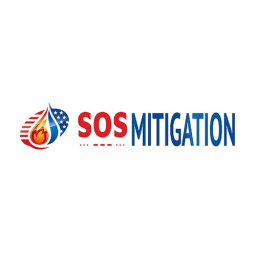
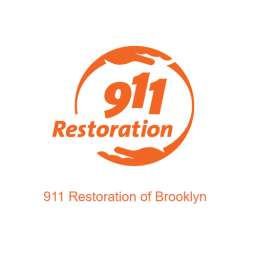


.jpg)
.jpg)

